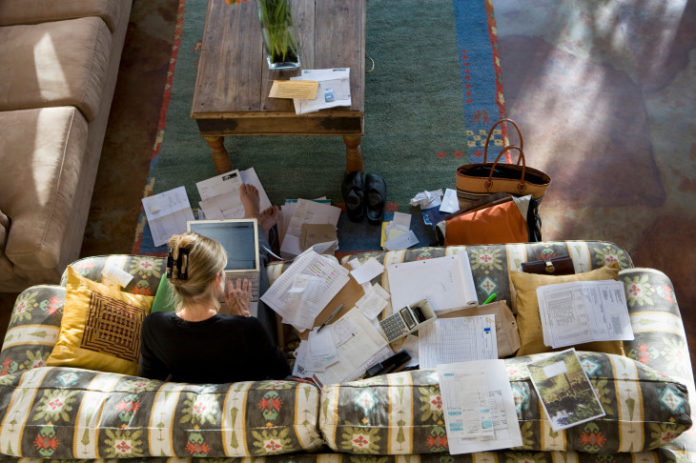With coronavirus spreading at an exponentially escalating rate across the world. 1.5 billion people globally have been told to stay home during this pandemic. While we’re all expected to stay indoors as much as possible, it is inevitable that we do have to step out once in a while to get supplies and daily exercise.
The need for improved hygiene is being emphasised in every marketing and social media channels to slow down the spread. Washing your hands thoroughly is a priority #1. However, that alone does not improve the hygiene level in your home especially since the scientists are not 100% sure what the range of possible transmission methods is.
To help you better prepare your surroundings for the current pandemic, we have compiled a few handy tips for you.
Table of Contents
1. Clean your clothes daily
If you have to leave your home to get supplies or your job is an ‘essential’ service that requires you to commute each day, it is highly recommended you clearly establish a distinction between ‘outside’ clothes and ‘indoor’ clothes.
Ideally, you should clean your clothes immediately each day. The hyper-frequency of washing your clothes is to reduce the risk of you accidentally rubbing your face with your sleeves after they have come in contact with coronavirus-infected droplets unbeknownst to you. If this is not a realistic option, then you should identify a safe corner where you can put your outside clothes far away from any of your indoor clothes.
Be advised that you should keep a healthy distance from any surface, object, or another person to minimise the risk of your clothing coming in contact with the virus.
2. Be extra careful about sanitising your bed/furniture
Just like your clothes, your bedding should be cleaned as often as possible. You can have the virus even if you are asymptomatic. So you may unintentionally make your bed contagious. To ensure that you and your partner are safe, you should also frequently sanitise your mattress and pillows. You can use professional mattress cleaning service or do it yourself.
In addition, the most important investment for your home should be your bed – this is where you spend most of your time especially during a quarantine! It is one of the most basic and crucial necessities a shelter could offer. Thus, now is the time to invest in a bed that has high-quality circulation to improve both the temperature and hygiene quality of your sleep.
If you are going to replace your mattress, you should be aware that there are rules you have to follow. You have to arrange with a pick-up service to ensure the disposed mattress is not out in public for too long. There are many mattress recycling or pick-up services so make sure you plan ahead.
3. Establish a quarantine zone inside your home
To really prepare yourself for this pandemic, you have to establish a few lines of defense: a) minimise being outside, b) minimise contact of any kind, c) wash your hands and face as soon as you are back home, d) establish a zone where you will put any items from the outside (including the clothes you wore outside) so you can place them in a restricted area while you disinfect them.
This way, you minimise the chances of you accidentally transferring COVID-19 all around your house. Having a zone also serves as a reminder to go through the hygiene rituals of cleaning your hands, clothes, disinfecting high-touch surfaces, etc.
4. Pay attention to food hygiene
While 100% of the Australian restaurants are closed during the shutdown, they are all allowed to stay open for takeaways and deliveries. In some areas, grocery stores are quickly running out of essential items such as vegetables and food items so many people could still be reliant on food deliveries to get through the pandemic.
It is possible that your food could be infected if a droplet of cough from an infected person landed in it. The safest food group is canned food as the virus will definitely be inactivated at temperatures below those required to process it. For groceries, make sure you wash them well with soap. Any deli, fresh food has a higher risk of being a carrier so consider applying as much heat as possible to all your food before consumption.

















